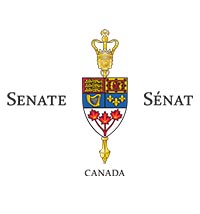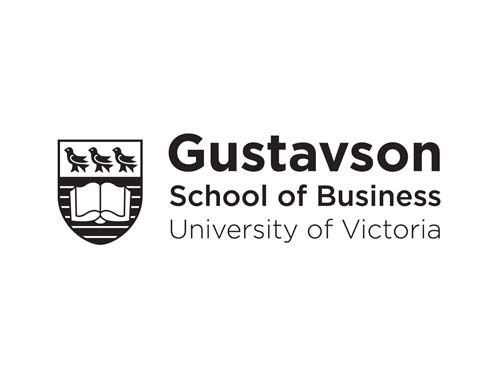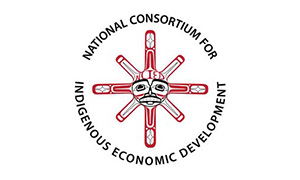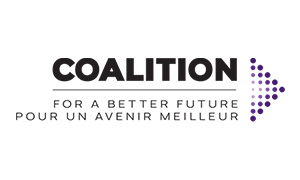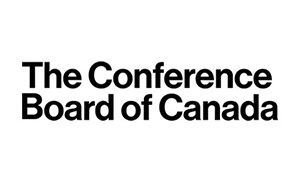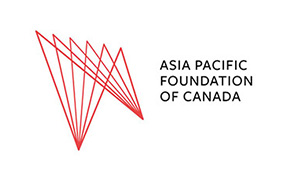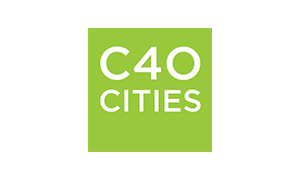Please watch the video for a recap of the session.
Populism has been used to describe Hugo Chávez’s Bolivarian socialism in Venezuela, the anti-communism of the Kaczyński brothers in Poland, Donald Trump’s MAGA movement in the USA and President Kais Saied’s power grab in Tunisia. Populism has been seen among academics and politicians as a threat to contemporary democracies and the social order worldwide.
Populism has grown so much in recent years that people are already talking about an era of populism. At the same time, populism is one of our time’s most incorrectly used terms. At its root, populism promotes the idea that elites have unfairly rigged socio-economic and political systems and the “true people” should instead exert political control.
As part of the debate on bridging divides in an era of populism, the Victoria Forum is pleased to present this webinar on reclaiming populism. A panel of thought leaders will discuss the following questions:
1. What is populism? Why is it attractive?
2. Is populism a threat to democracies and the socio-economic order? What are its potential damages?
3. How to reclaim populism? How to bridge the different divides feeding populism?’’
February 24, 2022
9 am – 10 am PST
(4 pm – 5 pm GMT)
In partnership with the Centre for Global Studies and the Canadian International Council
Moderator
Former Senator Jim Munson
Mr. Munson, a well-respected Canadian journalist, has had an extensive career in journalism both in Canada and abroad. He previously served as a television correspondent for CTV reporting on national events in the public and political arena. He was CTV’s Bureau Chief in Beijing from 1987 to 1992 reporting on events in China such as Tiananmen Massacre of June 4, 1989. He also served as Bureau Chief and senior correspondent in Halifax, Nova Scotia and London, England. He has covered the Iran-Iraq war, the Gulf war and the Middle East. Mr. Munson has twice been nominated for a Gemini Award in recognition of excellence in journalism. After journalism Mr, Munson worked as Prime Minister Jean Chrétien Director of Communications.
He was appointed to the Senate in 2003 and was a Senator for almost 18 years. Upon turning 75 last July, he retired from the Senate. During his time in the Senate, the Ontario Senator was the Chair of the Senate Human Rights Committee and Deputy Chair of the Board of Internal Economy. Mr Munson also advocated tirelessly for those with disabilities Jim Munson and his wife Ginette live in Ottawa with their two sons.
Speakers
Shachi Kurl
Shachi Kurl is President of the Angus Reid Institute, Canada’s non-profit foundation committed to independent research. She works with public opinion data to further public knowledge and enhance the national understanding of issues that matter to Canada and the world.
Kurl is often found offering analysis on CBC’s “Power and Politics”, in the Wall Street Journal, the New York Times, the Globe and Mail, and on the editorial pages of the Ottawa Citizen, among other places. In October 2020, she moderated BC’s only televised provincial election debate, presented by the British Columbia Broadcast Consortium.
She spent the first part of her career as political reporter and holds a degree in Journalism and Political Science from Carleton University.
Kurl is a recipient of the prestigious Jack Webster Award for Best TV Reporting. Along with former Australian and UK Prime Ministers Julia Gillard and Margaret Thatcher, she is an Alumnus of the US State Department’s International Visitor Leadership Program. She is a national Vice Chair of the Canadian Cancer Society.
Kurl moderated the 2021 English language leaders debate during the 44th federal election. She also won the Industry Marvel Award from Darpan Magazine in October of that year.
Dr. Mustapha Kamel Nabli
Mustapha K. Nabli is currently international consultant, President of North Africa Bureau of Economic Studies International, based in Tunis. He is a Fellow of the International Economic Association, and a Senior Fellow of the Economic Research Forum, based in Cairo. Until recently he was Chairman of the Board of the Partnership for Economic Policy, a research and capacity building organization based in Nairobi. He was Governor of the Central Bank of Tunisia from January 2011, just after the revolution, until July 2012. Prior to that he was at the World Bank as Senior Advisor at the Global Prospects Group (1997-1999), then Chief Economist and Director of the Social and Economic Development Department for the Middle East and North Africa Vice-Presidency (1999-2008), then Senior Advisor to the World Bank Chief Economist (2008-2010). Prior to joining the World Bank, he was during the period 1995-1997 an independent consultant and researcher. From 1990 to 1995 he was Minister of Planning and Regional Development, then Minister of Economic Development in the Government of Tunisia. He also held the position of Chairman of the Tunis Stock Exchange (1988-1990). From 1975 to 1988 Dr. Nabli was Professor of Economics at the University of Tunis, and visiting professor at various international universities.
Mustapha K. Nabli holds a Master’s and a Ph.D. degrees in Economics from the University of California at Los Angeles.
Eric Protzer
Co-author of “Reclaiming Populism: How Economic Fairness Can Win Back Disenchanted Voters.” My research has been cited by the EU, UN, IMF, and Inter-American Development Bank, and featured by Brookings. I’ve written for Foreign Policy and Fortune, and my letters have been published in The Economist, The Financial Times, and the New York Times. MIT graduate with master’s degree in public policy in addition to bachelor’s degrees in economics and mechanical engineering.


